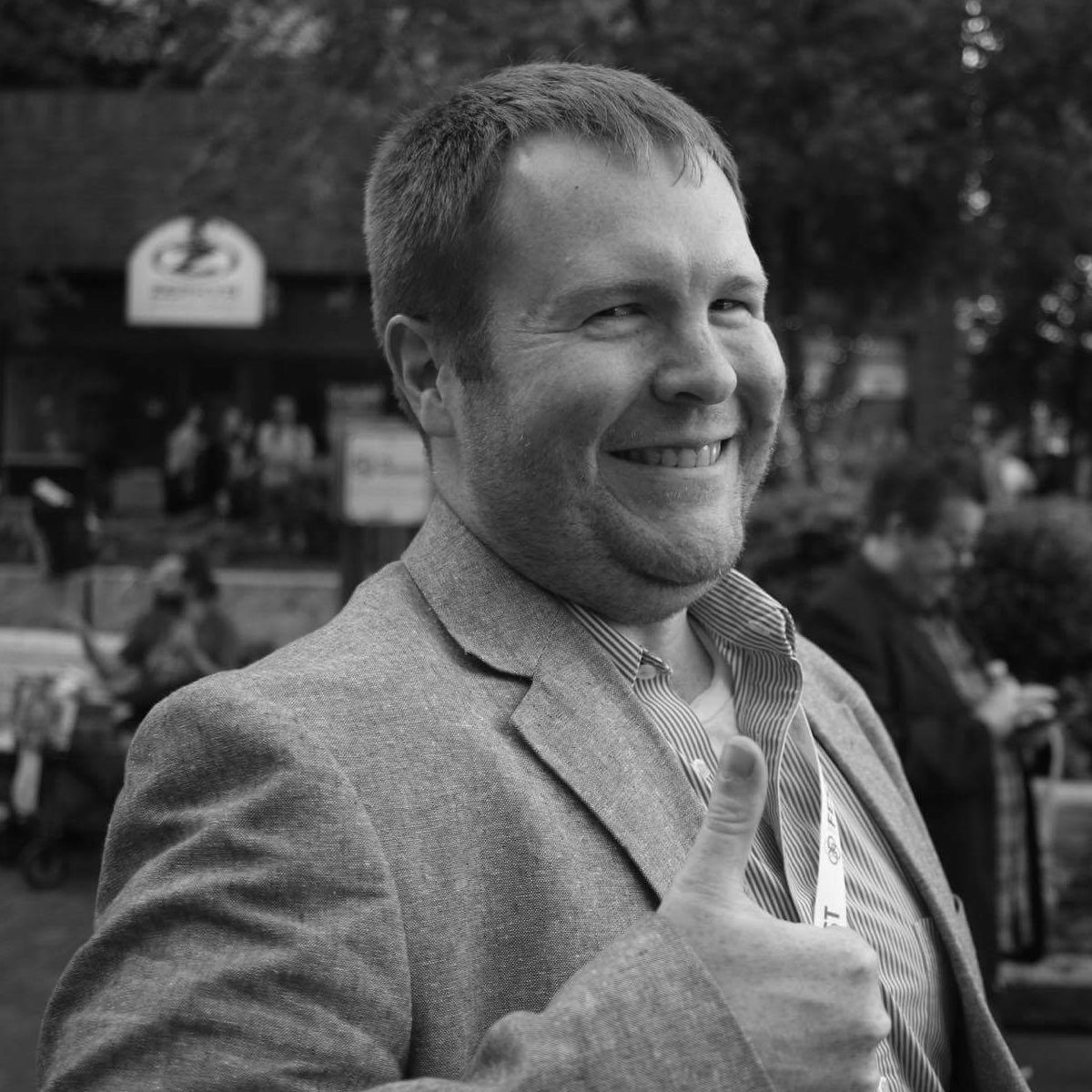Chris Heivly
Build the Fort: The Startup Community Builder’s Field Guide
ISBN: 978-1-5445-4259-1
Through my work with Techstars Startup Weekend, I’d had a chance to attend online talks by Chris Heivly, author of Build the Fort: The Startup Community Builder’s Field Guide, during the pandemic period of 2020 through 2022. I’d never had an opportunity to meet him in person and talk with him about his entrepreneurial ecosystem work in North Carolina. When I saw that he was giving a talk at the Rally Innovation convention in Indianapolis back in August, I made sure to attend his session. I was definitely not disappointed!
The session at Rally and the new book were pretty intertwined, and the notes I took during the session are a great complement to the material in the book. The book itself is a great complement to other books in the entrepreneurial ecosystem building space – Heivly kept referring back to Brad Feld’s books Startup Communities and The Startup Community Way, both reviewed previously in this blog and a constant source of information and inspiration for the work I do in my local and statewide entrepreneurial ecosystem. In fact, the forward to Build the Fort was written by Feld, completing the circle and echoing the importance of working together to move us all forward.
I’m a bit torn on the order in which you should read this book versus the others mentioned above. In a way, this book is a great introduction to community building, with references to Startup Communities and The Startup Community Way as further reading on the topic. However, there is a great deal of information contained in those other books that, if read first, makes Build The Fort a fantastic companion and almost a third book in the series. If you do want a quick introduction to the world of startup community building, this book will do the trick – you should then read the other books to fully understand the Boulder Thesis.
If you want a quick overview of the kinds of people we’re working with and activities we’re doing both here in Iowa City and elsewhere in Iowa, this book is a quick and easy primer. Heivly does mention Des Moines a couple of times in the book – neat to see a local community making an impact on someone outside the area. I still believe that our independent startup communities – Des Moines, Cedar Rapids, Iowa City, etc. – should be working together at a statewide level to compete with larger cities in the Midwest. Each of our cities in Iowa have strengths and weaknesses, but together as a state, all of the pieces are there to compete with the likes of Minneapolis, Kansas City, St. Louis, and others. I’m hoping to follow-up with Heivly in the future to get his take on larger entrepreneurial ecosystems that harness the strengths of local startup communities to compete on a larger stage.
Overall, 9/10, would highly recommend to those just starting out in the field of entrepreneurial ecosystem building. This is an appropriate book to read first when starting out as a startup community builder – I would actually recommend someone starting out to read Ben McDougal’s You Don’t Need This Book first, Build the Fort second, and Brad Feld’s books after that. Regardless, this book stands on its own as a solid addition to the library of anyone interested in the field of entrepreneurial ecosystem building or economic development. Without people on the ground organizing these communities, the funnel of new businesses dries up and the entire country suffers. Check this one out and see how you can get involved to make your community better from the ground up!
